Nurse Leadership and Advocating for Change Report: Analysis and Plan
VerifiedAdded on 2019/10/31
|5
|1058
|219
Report
AI Summary
This report delves into the critical aspects of nurse leadership and advocating for change, examining personal and professional accountability through the lens of a 'Nurse Manager Skills Inventory.' It highlights the student's strengths, such as a commitment to continuous improvement and learning from mistakes, alongside weaknesses like occasional self-blame. The report outlines a career plan emphasizing incremental educational steps and adaptability. It explores personal journey disciplines including reflective practice and problem-solving skills, while acknowledging a need for development in shared leadership. Furthermore, the report addresses reflective practice reference behavior, emphasizing the importance of tolerance and inclusivity, while identifying challenges in navigating environmental ambiguity. Leadership skills are then applied to advocate for change within the workplace, supported by a commitment to leading by example and developing interpersonal skills. The report concludes with a personal goal of becoming a senior nurse manager, outlining an implementation plan focused on advanced education, networking, and information gathering. References from various sources are also included.
1 out of 5
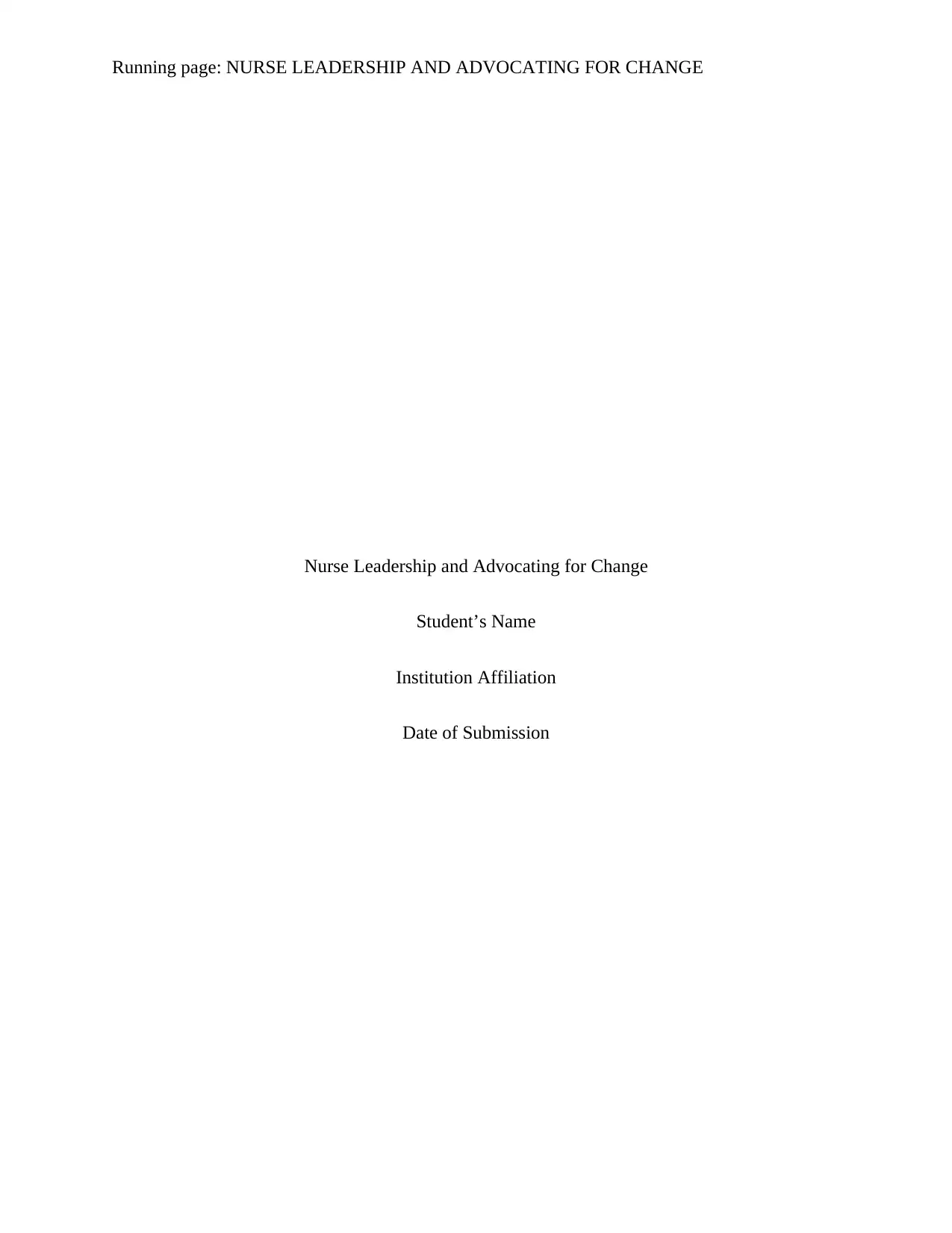
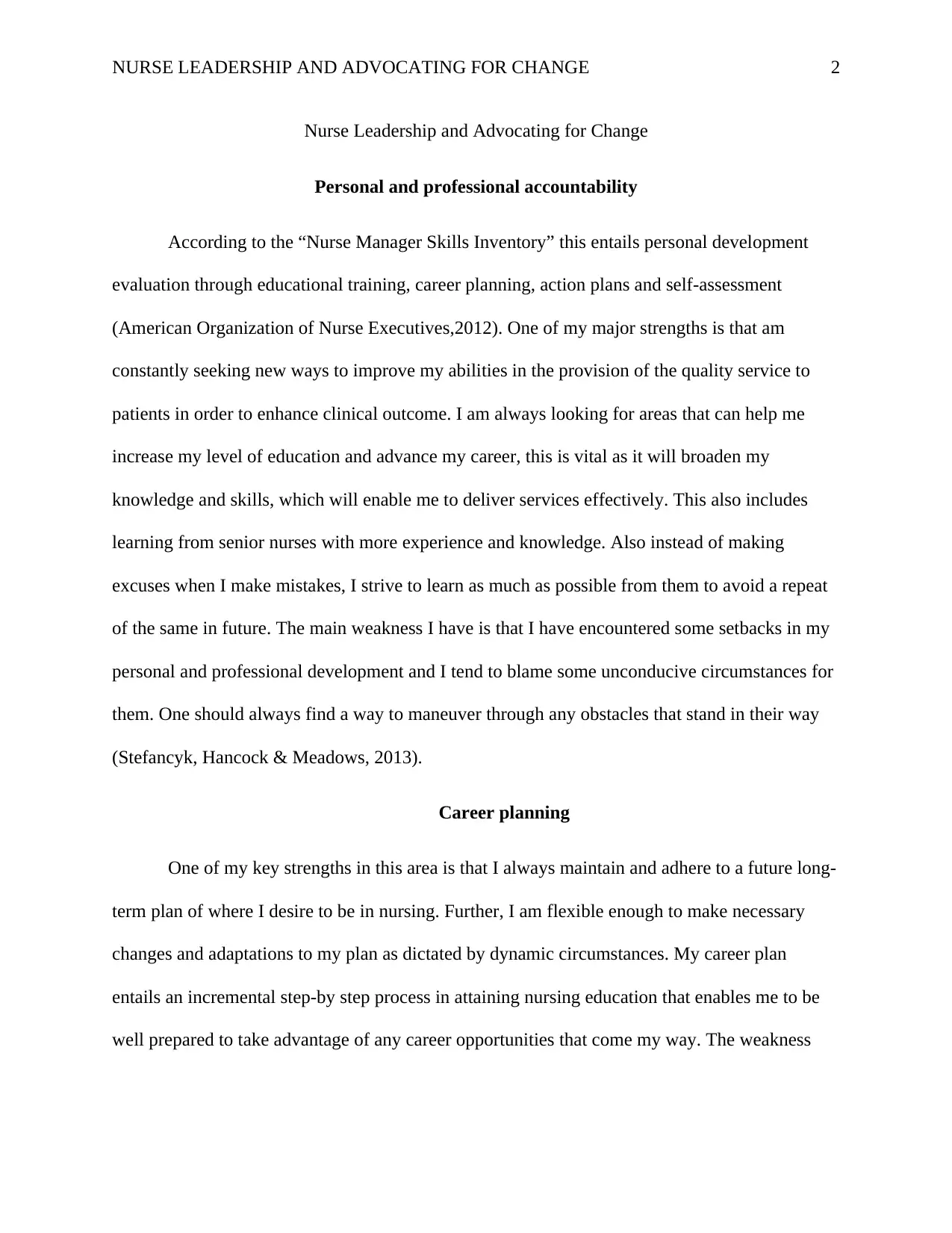
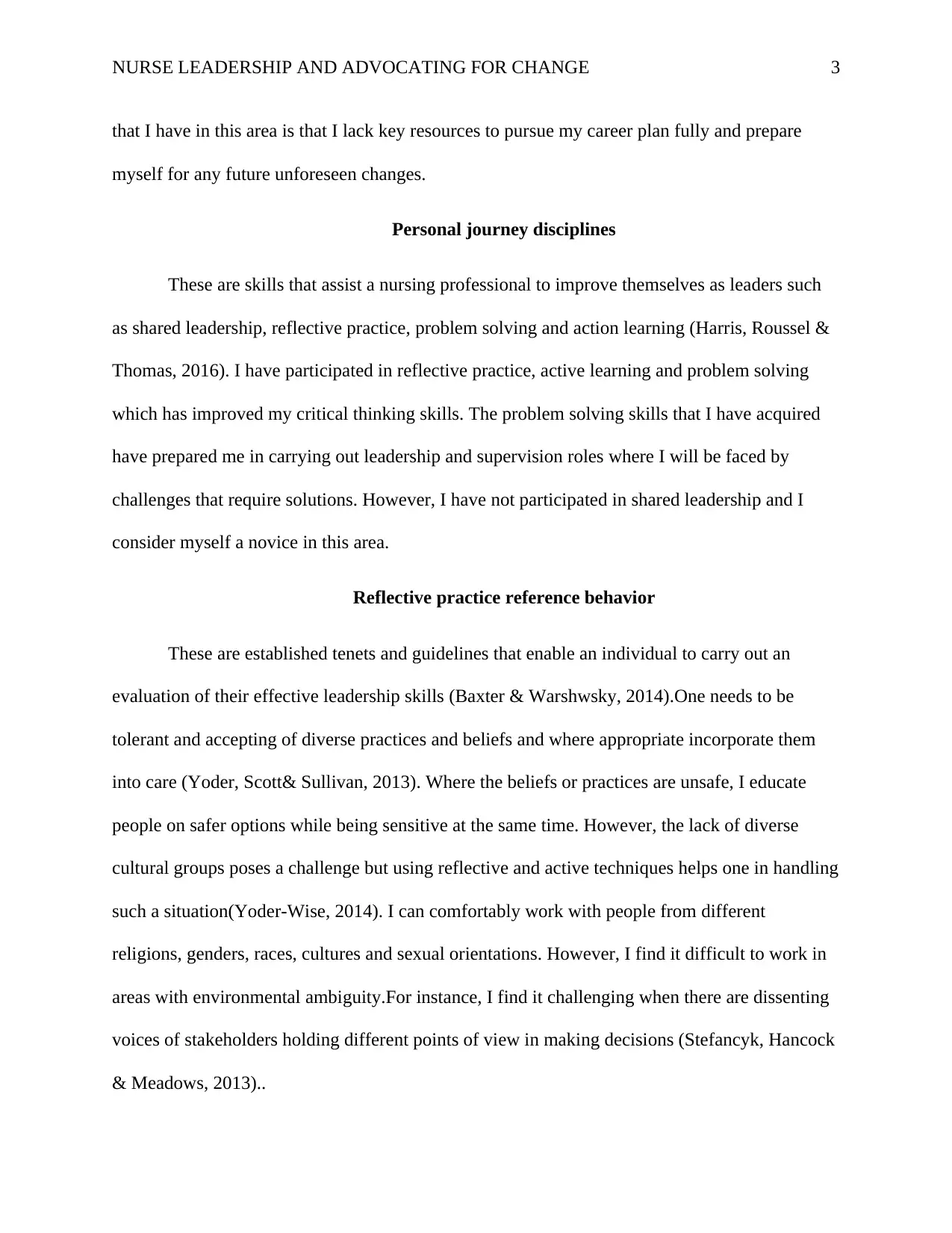

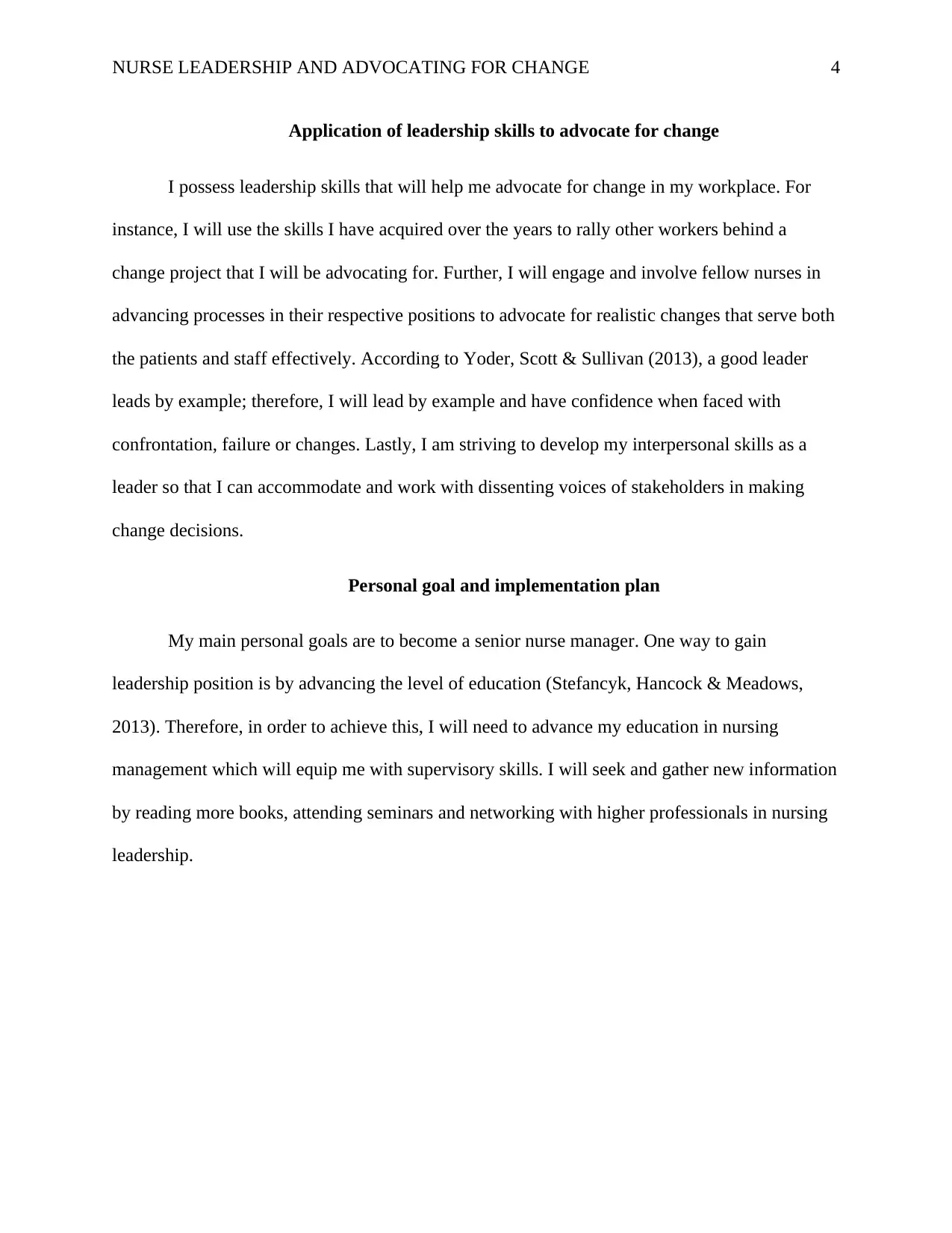
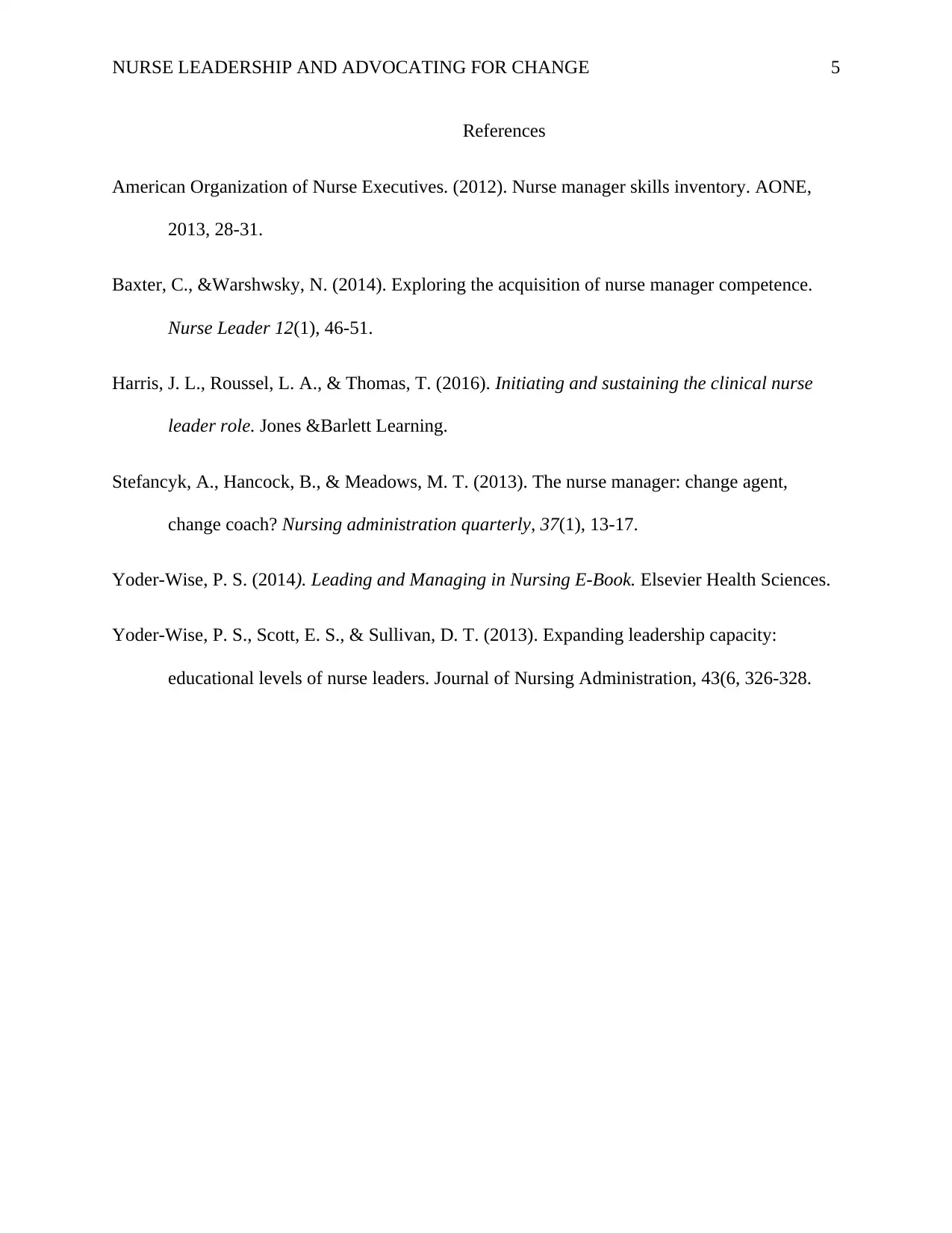





![[object Object]](/_next/static/media/star-bottom.7253800d.svg)